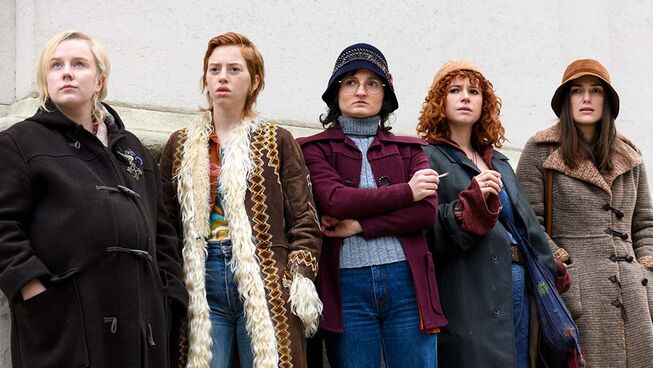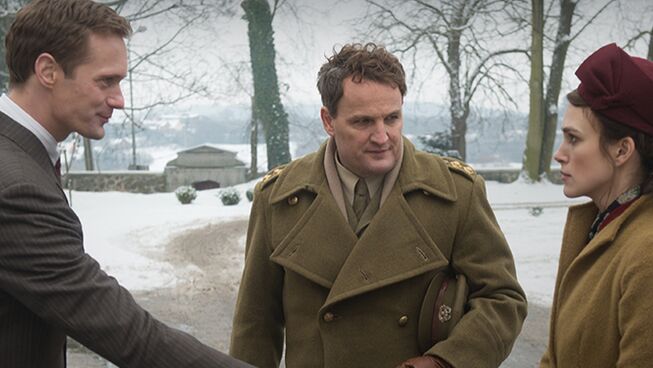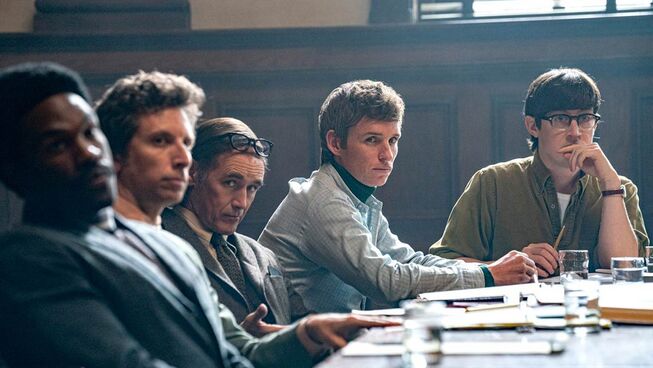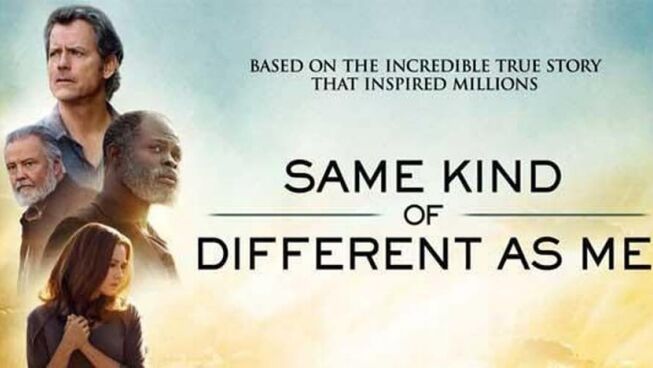
3.5 out of 5 stars
Social change tends to come in cycles throughout history. Our world is experiencing a significant time of protest and cultural shifts now, but this is not new. These necessary adjustments in the conscience of humanity tend to come during a generational hand over of leadership. Racism and sexism have come with different labels throughout history. Yet, they are two of the resounding hot button topics currently and especially in the early 1970s. No one could have predicted that the tipping point would occur during the Miss World competition in London.
At the time, this beauty contest drew an audience of over 100 million viewers from around the globe. Young women competed with others from various countries for the coveted crown and title of Miss World. Even though it was not meant to be a political event, the competition became a lightning rod of controversy. Specifically, due to the inclusion of two South African competitors, one black and one white. A decision that did not quiet the protests, but did lead to considerable scrutiny for the discussion of apartheid and racism. If that was not enough for one event, this was also the time of the rise of the women’s liberation movement. The beauty contest became a target for the protestors that would be receiving worldwide attention.
Based on the actual accounts of many involved in the organisation of the various groups, Philippa Lowthorpe’s (The Crown) film manages to have two parallel storylines. One is the unprecedented journey for Jennifer Horton (Gugu Mbatha-Raw), another black contestant who represented Grenada who was hoping to change history by being the first winner of colour. But the majority of the film focuses on the disjointed and haphazard work of different women’s groups to stage protests in and outside of the venue. We get a ringside seat as Sally Alexander (Keira Knightley), Jo Robinson (Jessie Buckley) and others coordinate the internal anarchy that ensues. Actions that included heckling the event’s host, Bob Hope (Greg Kinnear) and disrupting the festivities as the world watched.
What differentiated this movie from others that have attempted to depict these two social movements is how it balanced the narrative with the human costs involved in protesting. Not to be misunderstood, this screenplay pulls no punches when delivering the need for social equality of gender and race. Yet, Rebecca Frayn’s story manages to show how these historical events contain multiple layers of significance along with humorous elements. Between the importance of Jennifer Horton’s inclusion in the contest as a woman of colour and the need to change how women are valued within society, both were reliant on the show going on television. Despite some slight artistic changes to the actual events, the majority of the real story made for a compelling retelling of this pivotal moment in history.
Keira Knightley and Jessie Buckley embody their characters with credibility and enthusiasm, proving that they not only were acting, but seemed to believe in the message that this film is telling. These central characters were supported wonderfully by performances from Greg Kinnear, Rhys Ifans and Keeley Hawes. Yet, it is Gugu Mbatha-Raw's portrayal of Jennifer Horton that makes this a human interest story that resonates through time. Regardless of your political leanings, Misbehaviour proves to be a well-told and compelling snapshot of historical changes in society.
REEL DIALOGUE: Pursuing your dreams regardless of the opposition
Misbehaviour has the themes of racism and sexism at its core, but one story that could be over looked is Jennifer Horton’s. The Grenadian beauty queen’s journey is one of those stories that have the potential to reach in and grab the audience's hearts, regardless of your views on beauty pageants. Seeing someone overcoming odds and achieving their dreams does have a profound effect on the spirit of individuals and continues to be a mainstay in western cinema.
Even though most of us may never achieve this level of fame and notoriety, but this should not dissuade people from pursuing their dreams. From a Christian position, goals and dreams are not merely for the individual. The real source for these pursuits finds their roots in God and his purposes for life. In scriptures like, Psalm 139 it states that we are fearfully and wonderfully made by God which moves our lives from ordinary to extraordinary. Not because of who we are, but because the God who is the author and director of our lives.
A question that may arise from this film may be about your dreams and pursuits, but how do we discern their origin? The best place to start is to ask these questions of God through prayer and engaging with the Bible. He does not promise that you will achieve your goals and dreams. But, for those who believe in God and committing them to Him, there is a guarantee that his plan will come to fruition.
Commit to the Lord whatever you do, and he will establish your plans. Proverbs 16:3







